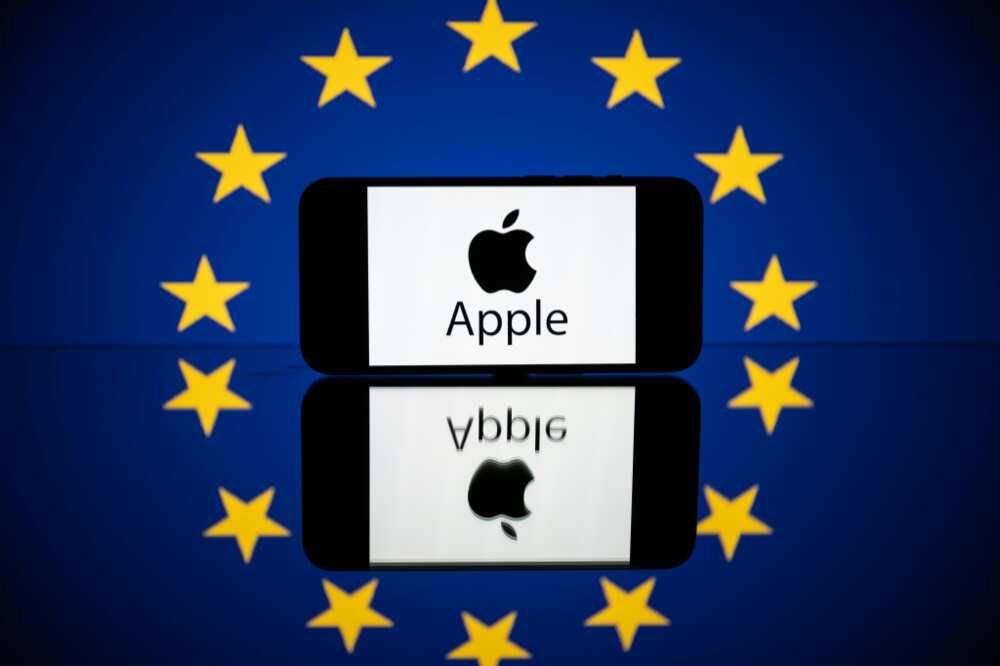EU Applauds Shift as Apple Opens iPhone to Competing App Stores

The European Union's digital regulator expressed satisfaction on Friday over the ongoing transformation in the technology landscape, following Apple's compliance with a new EU law. The tech giant announced its decision to permit alternative app stores on the iPhone for the first time, aligning with the impending enforcement of the European Union's extensive Digital Markets Act in March.
Scheduled to be implemented on March 7, the Digital Markets Act aims to diminish the dominance of the App Store, a fixture on the iPhone since 2008. Thierry Breton, the European internal market commissioner, emphasized the significance of the law, stating that it would promote fair and open competition in digital markets. He asserted, "Change is already happening."
Upon the law's enactment, the European Commission will scrutinize the proposals of tech companies, considering feedback from third parties. Breton cautioned that if the suggested solutions prove inadequate, the Commission is prepared to take robust measures. He highlighted the Digital Markets Act's potential to offer consumers more choices and create opportunities for smaller, innovative tech firms.
In response to Apple's recent adjustments, users will now have the ability to download software from sources outside the App Store, introducing new options for payment processing. Notable changes include allowing users to select an alternative web browser when initially launching Safari in the latest iOS operating system, streamlining a process that previously required adjustments in the settings.
Apple, in its announcement, criticized the Digital Markets Act for introducing "privacy and security risks." The company, however, assured users that safeguards were being implemented to mitigate these risks. Despite these measures, Apple expressed concerns about potential threats, including malware, fraud, scams, and harmful content.
Phil Schiller, who heads the App Store at Apple, affirmed that the changes comply with the Digital Markets Act's requirements in the European Union. He acknowledged the challenges posed by the regulation and emphasized the company's commitment to protecting EU users.
The European Union has fortified its legal framework to regulate Big Tech, introducing stricter rules to safeguard European users online and foster competition in an industry dominated by major US tech companies. Companies found in violation of the Digital Markets Act face fines of up to 20 percent of their global turnover, and in serious cases, they may be ordered to undergo breakup.
Notably, Meta and TikTok, owned by a Chinese entity, have initiated legal challenges against the Digital Markets Act. Apple is set to provide EU users with guidance in March to navigate the complexities arising from the changes introduced by the Digital Markets Act, addressing concerns about a potentially less intuitive user experience. A European official highlighted Apple's past complaints about EU regulations, drawing parallels to the common charger issue, and underscored the company's compliance despite initial resistance. The official emphasized the importance of maintaining product and service features, including security, in line with Digital Markets Act obligations.
